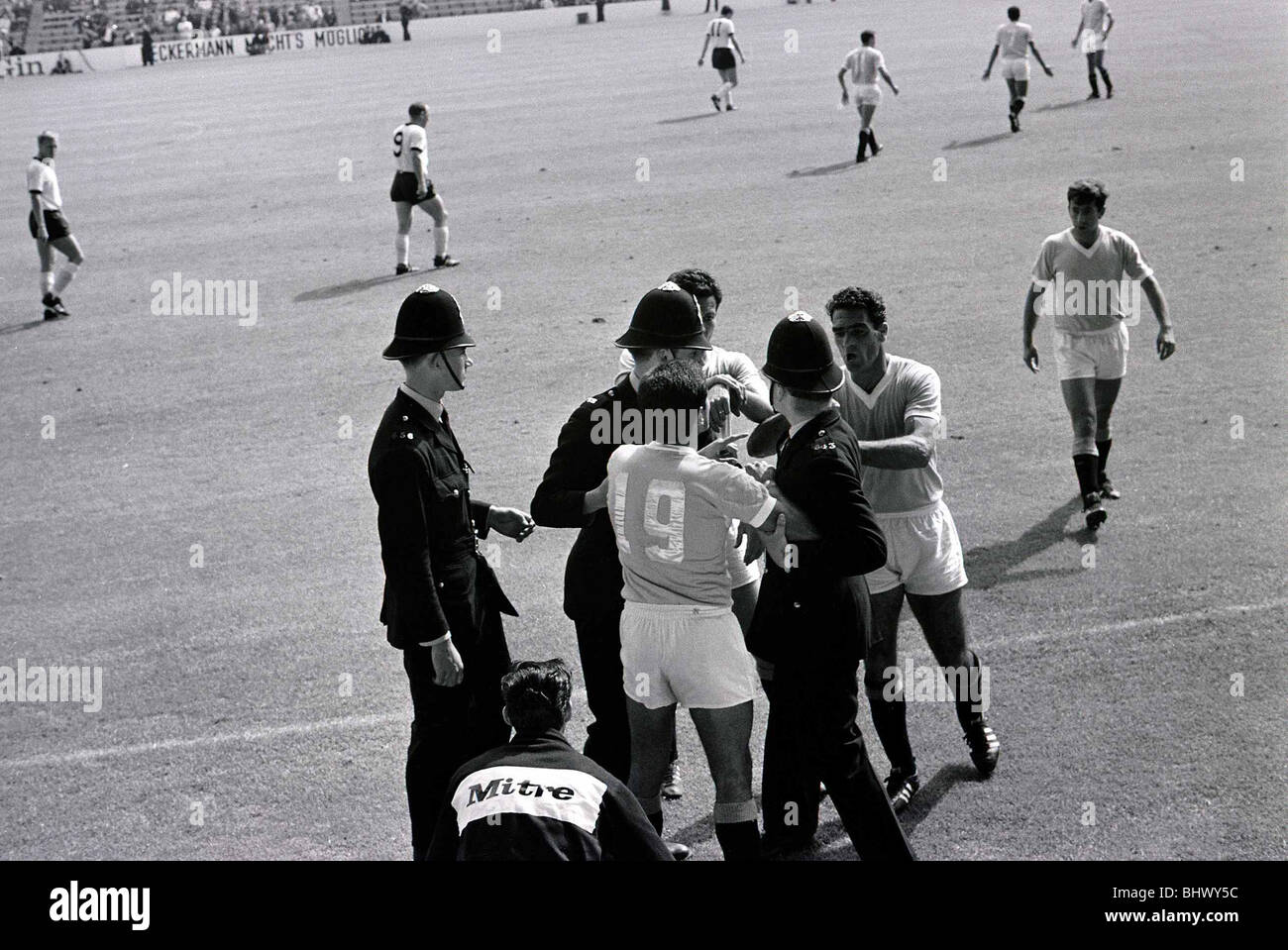Controversial Decisions and their Impact: Usa Uruguay Referee

Usa uruguay referee – The USA vs Uruguay match was marred by several controversial refereeing decisions that had a significant impact on the outcome of the game. The most contentious decision came in the first half when Uruguay was awarded a penalty after a handball by USA defender John Brooks. The decision was highly controversial as it appeared that Brooks had not intentionally handled the ball. The penalty was converted by Edinson Cavani, giving Uruguay an early lead.
The USA-Uruguay referee made some controversial calls during the match. However, the focus should be on the exciting France vs Belgium match, where both teams showcased their skills. Despite the referee’s decisions, the USA-Uruguay game still had its moments of brilliance.
Another controversial decision came in the second half when USA was denied a penalty after a challenge on Christian Pulisic. The referee deemed that the challenge was not a foul, despite replays showing that Pulisic had been clearly tripped. The decision was met with outrage from the USA players and fans, who felt that they had been denied a clear opportunity to equalize.
The USA-Uruguay referee made a controversial decision during the match. Many fans were outraged by the call, and some even took to social media to express their anger. However, it is important to remember that referees are human, and they can make mistakes.
Just like the spaghetti models for Beryl , which are computer simulations of how a hurricane will behave, referees are not always accurate. But they do their best to make the right call, and we should respect their decisions.
VAR and its Influence
The use of VAR (Video Assistant Referee) in the match was also controversial. VAR was used to review both the penalty decision and the challenge on Pulisic. However, the VAR officials did not overturn either decision, which led to further criticism of the refereeing.
The controversial decisions in the USA vs Uruguay match had a significant impact on the players, teams, and overall atmosphere. The USA players were visibly frustrated by the decisions, which they felt had cost them the game. The Uruguay players, on the other hand, were delighted with the decisions, which helped them to secure a vital victory.
The overall atmosphere in the stadium was also affected by the controversial decisions. The USA fans were booing the referee and VAR officials throughout the match, while the Uruguay fans were celebrating their team’s victory. The decisions left a sour taste in the mouths of many fans, who felt that the game had been decided by poor refereeing rather than by the quality of play.
Referee Performance and FIFA’s Role

The referee’s performance in the USA vs Uruguay match has been widely debated, with some criticizing his decision-making while others defended his actions. The referee made several controversial calls throughout the match, including a penalty kick awarded to Uruguay and a red card issued to a USA player. These decisions had a significant impact on the outcome of the match, and have raised questions about the overall performance of the referee and the criteria used by FIFA to select referees for international matches.
FIFA’s Referee Selection Criteria
FIFA uses a rigorous process to select referees for international matches. Referees are assessed on their technical ability, physical fitness, and mental strength. They must also pass a series of written and practical tests. FIFA also considers the referee’s experience and their ability to manage high-pressure matches.
FIFA’s Guidelines for Handling Controversial Decisions
FIFA has established a set of guidelines for referees to follow when making controversial decisions. These guidelines include:
* The referee should make a decision based on the Laws of the Game.
* The referee should use their best judgment to interpret the Laws of the Game.
* The referee should be consistent in their decision-making.
* The referee should not be influenced by external factors, such as the crowd or the media.
Historical Context and Cultural Differences

The history of refereeing in international soccer is marked by controversies and key moments that have shaped the role and perception of referees. One notable incident occurred in the 1986 FIFA World Cup quarter-final match between Argentina and England, where the infamous “Hand of God” goal by Diego Maradona was allowed to stand despite clear evidence of a handball. This incident highlighted the challenges referees face in making split-second decisions and the impact these decisions can have on the outcome of matches.
Cultural differences between countries can also influence refereeing decisions. For example, in the USA, there is a strong emphasis on individualism and personal responsibility, which may lead referees to be more assertive and independent in their decision-making. In contrast, in Uruguay, there is a greater emphasis on collectivism and respect for authority, which may lead referees to be more cautious and deferential in their approach.
The media coverage and fan reactions to refereeing decisions can also impact the perception of referees. In the age of social media, referees are subject to intense scrutiny and criticism from fans and pundits alike. This can create a hostile environment for referees and make it difficult for them to remain impartial and objective in their decision-making.
Impact of Cultural Differences, Usa uruguay referee
The cultural differences between the USA and Uruguay may have influenced the referee’s decisions in the match. For example, the referee may have been more lenient in his interpretation of fouls in favor of Uruguay, as this is a more common practice in South American football. Additionally, the referee may have been more hesitant to issue yellow cards to Uruguayan players, as this could have been seen as disrespectful to the team and its fans.